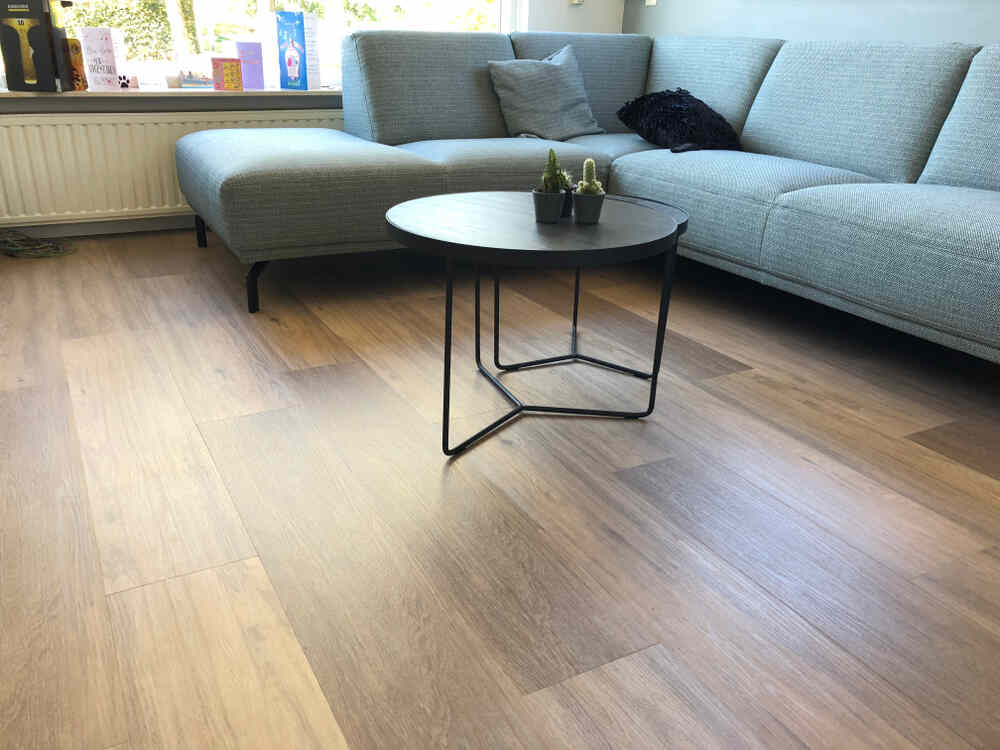
When it comes to vinyl flooring, there are two popular options: SPC and WPC. But what's the difference between them? Let's dive in and find out!
What is the Difference Between WPC and SPC Vinyl Flooring?
SPC, which stands for Stone Plastic Composite, and WPC, which stands for Wood Plastic Composite, are both types of rigid core vinyl flooring. The key dissimilarity lies in the core composition.
SPC vinyl boasts a rigid core flooring made of stone plastic composite. It's an ultra-durable material that combines limestone and stabilizers. This sturdy SPCcore makes SPC vinyl highly resistant to impacts and dents. It's an ideal choice for high-traffic areas or homes with pets and children.
On the other hand, WPC vinyl flooring features the WPC core, made of wood plastic composite. This core is softer and thicker than SPC, thanks to the addition of foaming agents. WPC vinyl offers superior comfort underfoot, making it a popular option for bedrooms and living areas.
SPC vs WPC Vinyl Flooring
There is no difference between vinyl and SPC flooring, because SPC is vinyl. Some people mistakenly think the difference between SPC and vinyl flooring is the thickness of the core, but that just refers to vinyl flooring: SPC vs WPC.
SPC has a thinner core, usually around 3.2mm to 7mm, whereas WPC has a thicker core, typically ranging from 5mm to 8mm. The thickness affects factors such as sound insulation and durability.
Both SPC and WPC vinyl flooring come with a wear layer, which protects the floor from scratches, stains, and fading. The wear layer's thickness can vary, so it's essential to choose one that suits your specific needs.
In terms of installation, both SPC and WPC vinyl flooring are known for being easy to install. They often come with click-lock systems, allowing for a hassle-free DIY installation process. However, it's worth noting that the thicker core of WPC can make it slightly more challenging to cut during installation.
When it comes to temperature fluctuations, SPC vinyl has the upper hand. Its stone-based core makes it more resistant to extreme temperature changes. WPC vinyl, while still suitable for most climates, may expand and contract more than SPC in areas with significant temperature variations.
Now let's talk about the pros and cons of these vinyl layer flooring types. SPC vinyl flooring is highly durable, water-resistant, and perfect for areas prone to moisture. On the other hand, WPC vinyl provides better sound insulation and a more comfortable feel underfoot.
Ultimately, the choice between SPC and WPC vinyl flooring depends on your specific needs and preferences. Consider factors such as the level of foot traffic, the room's purpose, and your desired aesthetic.
The Bottom Line
SPC and WPC vinyl flooring offer excellent options for homeowners seeking durable and low-maintenance flooring solutions. Whether you opt for the rigid core of SPC or the comfort of WPC, both types provide a wide range of styles and designs to suit any taste.
So, take your time, explore the different types of rigid core vinyl flooring, and find the perfect fit for your home!
Check out our vinyl floor options

